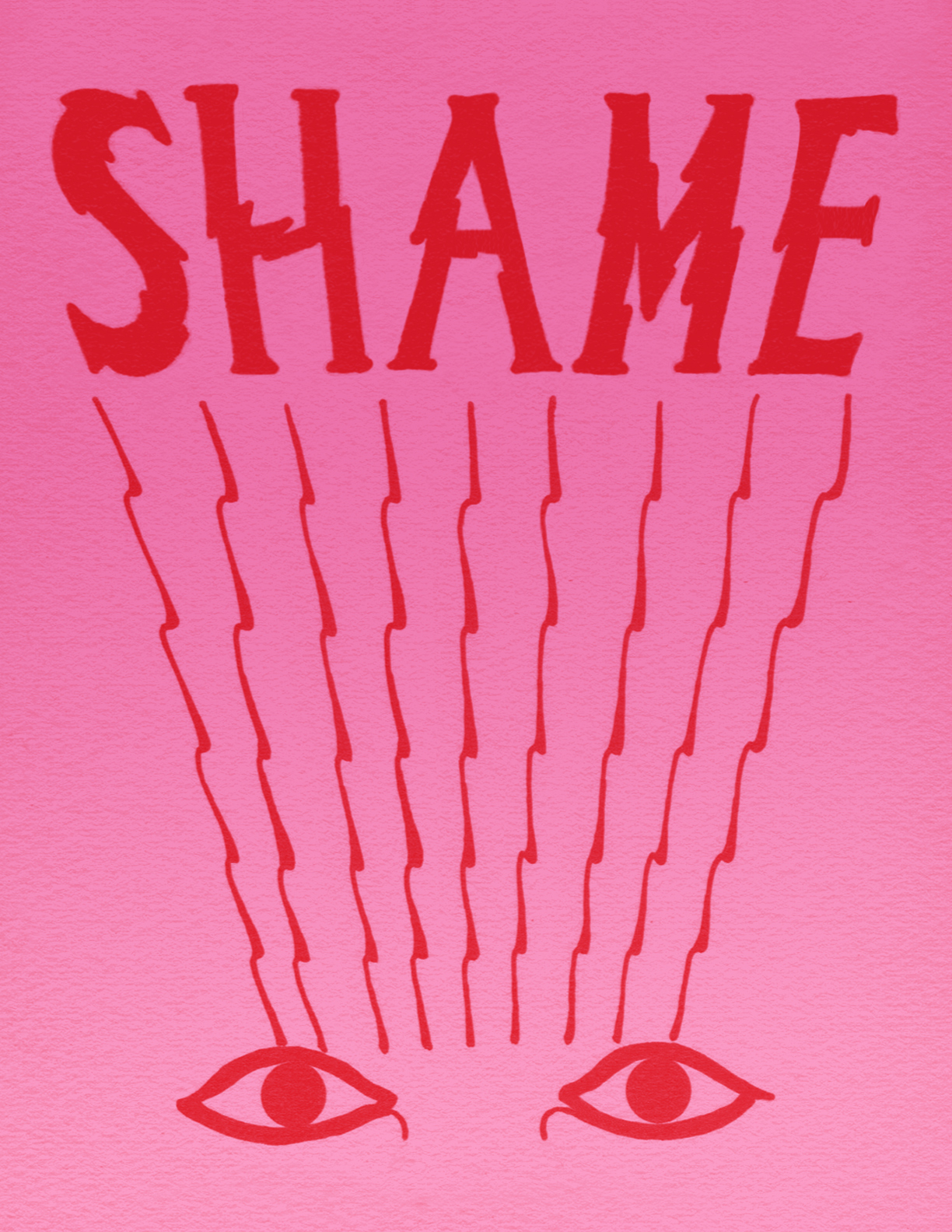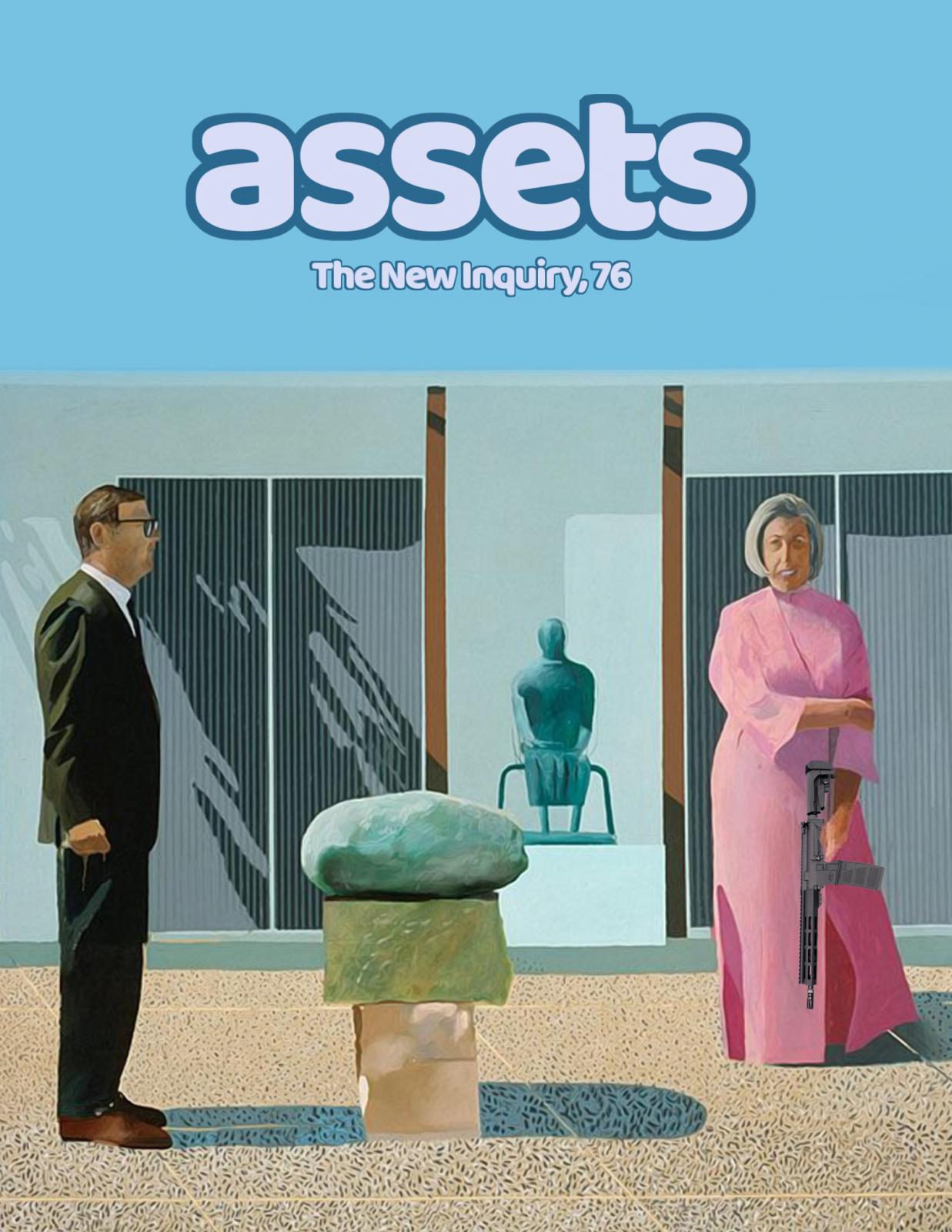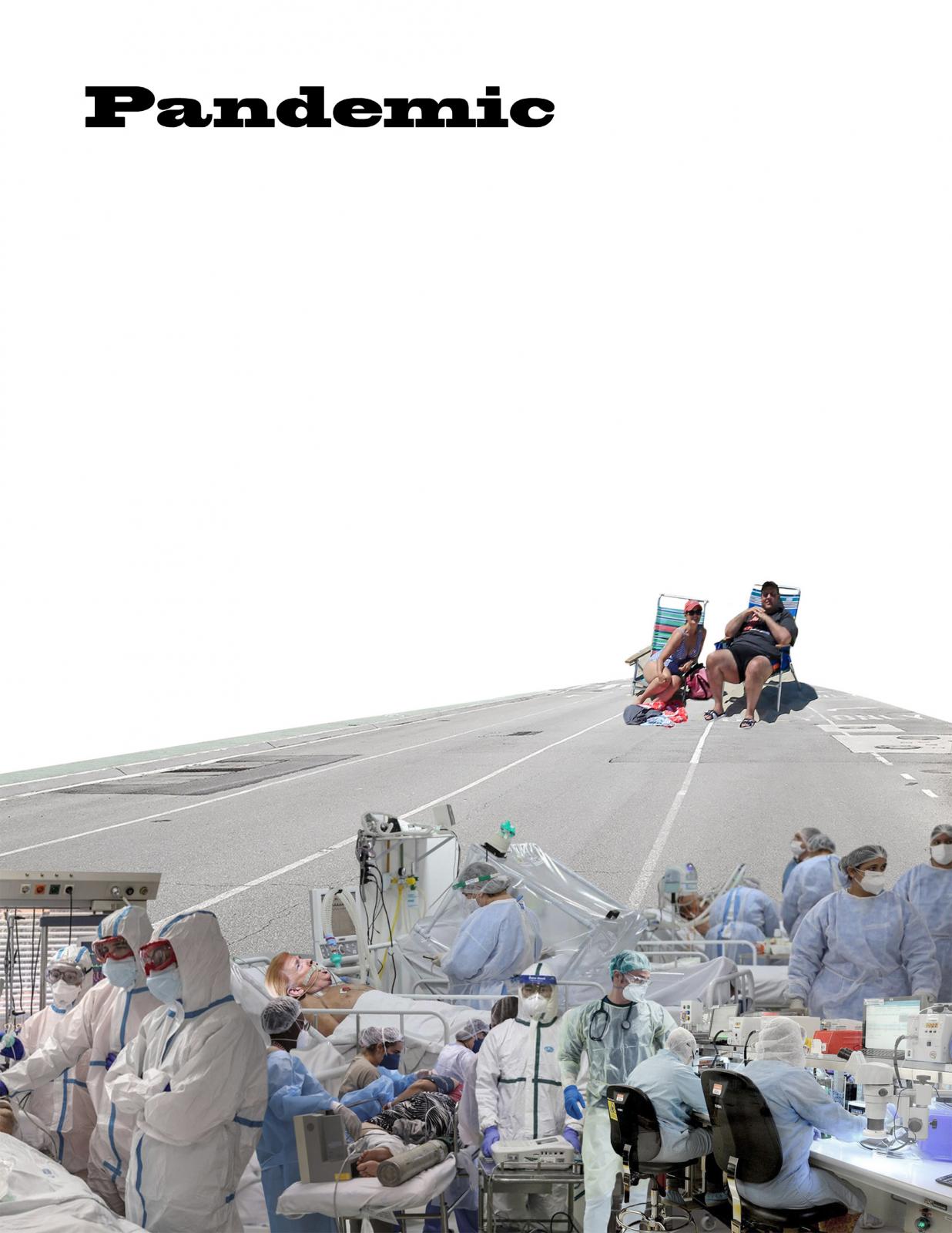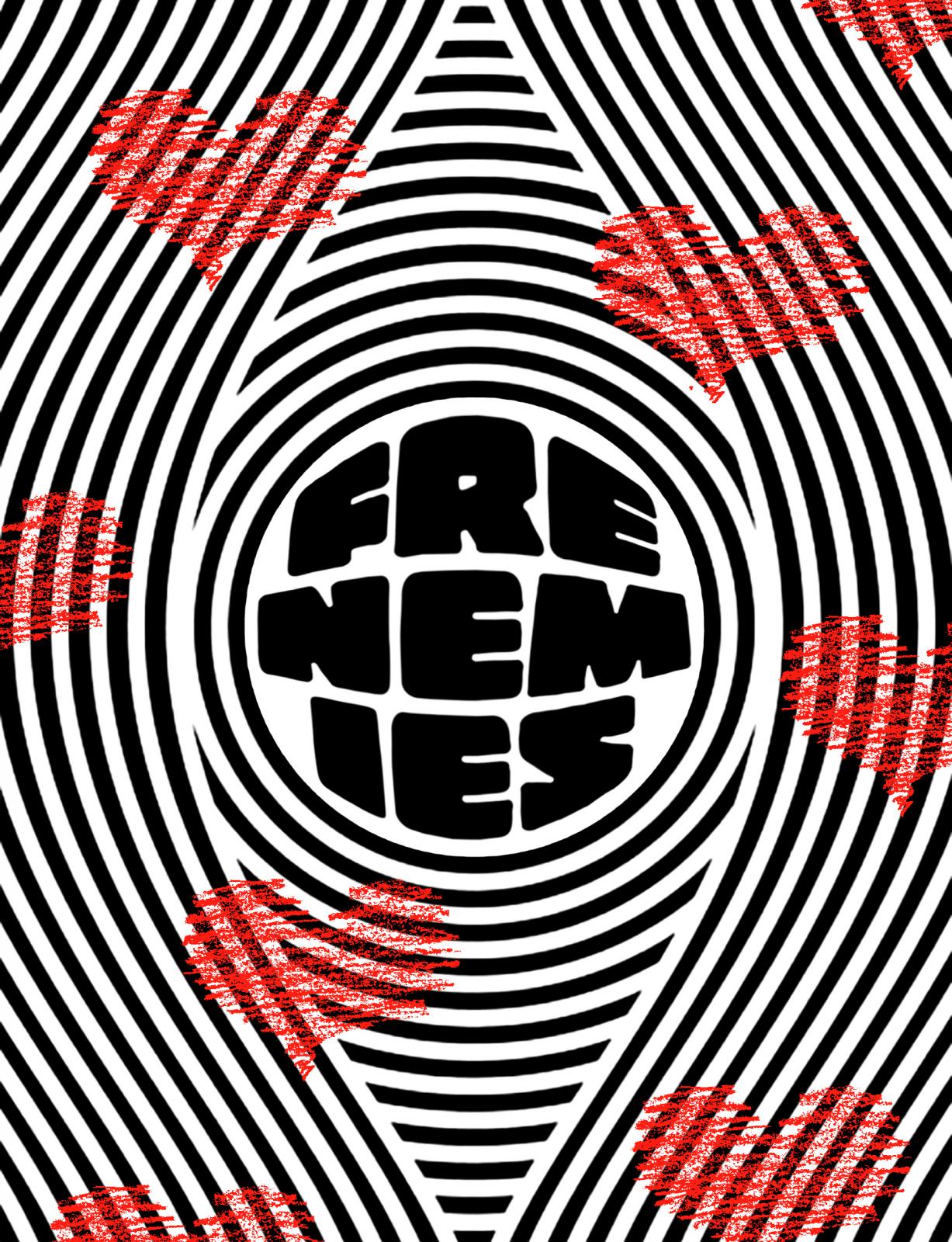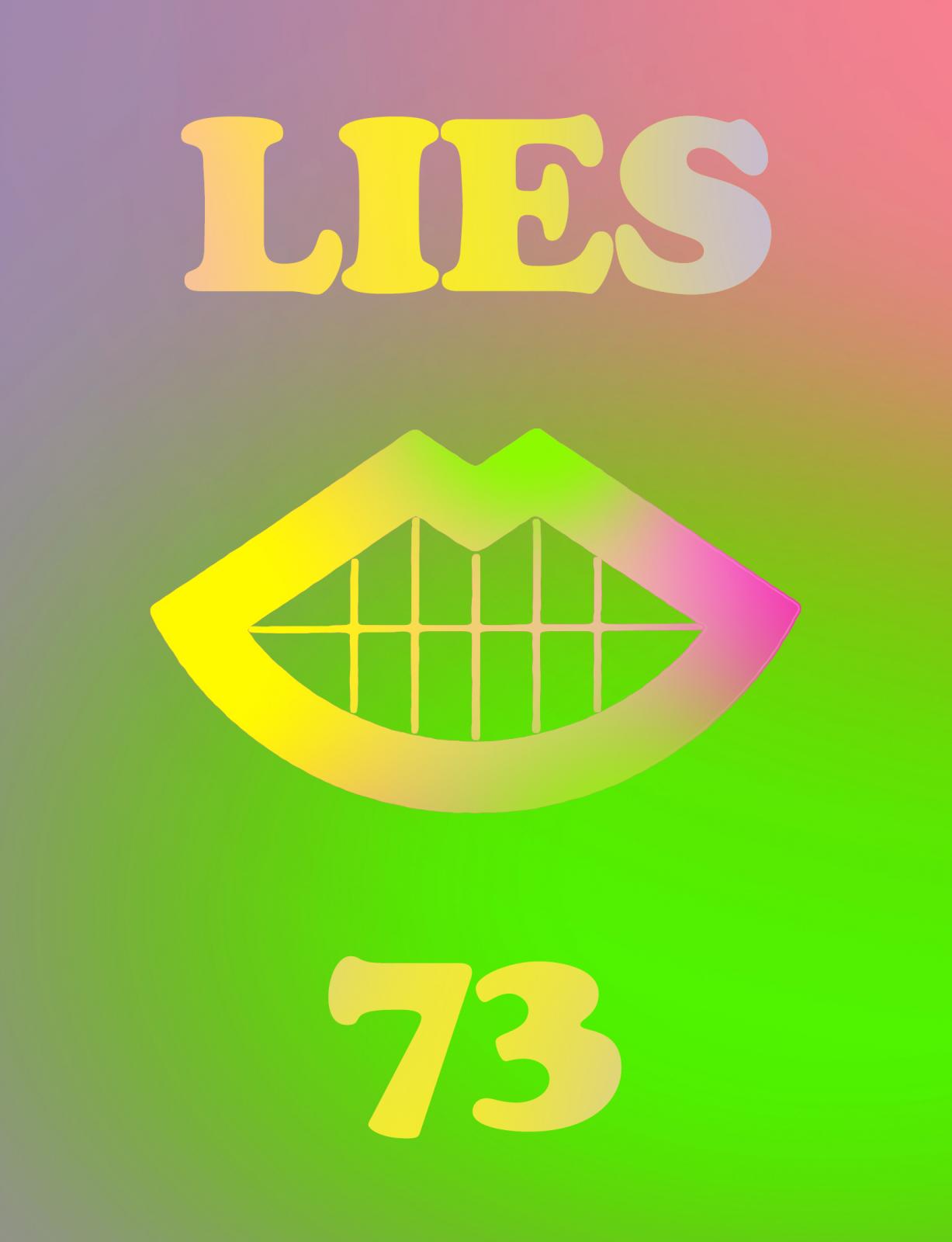Shame
Editors' Note
It’s been 25 years since the palm trees of Los Angeles burned following the acquittal of the four officers who beat Rodney King in the street, and once again it feels like the match will catch at any moment. By now the stream of Black and Brown deaths at the hands of cops on our news feeds is ordinary; we’ve seen Baltimore burn and Charlotte crumble. But what have we to show for it all? The liquor stores in South L.A., looted in 1992, are now fortified with plexiglass and beefed-up security and serving a whole new generation of local clientele. It’s a damn shame.
For Los Angeles police lieutenant Andrew Neiman, however, the real shame wasn’t the King verdict or the systematic racism the LAPD helped maintain, but the fact that police abandoned their street posts to the uprising. “I loved being an officer, I always wanted to be a police officer,” Neiman told Agence France-Presse in 2012. “But when that happened, afterward, I didn’t want to be a police officer anymore. I was ashamed. Because of how we let the city down. We let the people down.”
Shame, unlike guilt, is inherently narcissistic. Your cheeks flush red upon feeling the gaze of those who’ve discovered the incongruity between the person you believe yourself to be and the person you actually are.
As the Trump administration encourages shamelessness, it also tends to the panicked assumption that the United States is swelling with “bad” forces, “shameful” forces, and people and communities that need to be excised. Slimming borders are said to remove such excess, an assumption rendered explicit in Operation Streamline--a initiative of the Departments of Justice and Homeland Security launched in 2005 that unilaterally prosecutes all immigrants convicted of re-entering the United States without authorization. In a reported piece from the border, Brandon Shimoda describes how such prosecution incorporates the resistant bodies of immigrants in rooms designed to bleed the imagination. “The criminalization of unauthorized immigration,” Shimoda writes, “will not operate under a single, locatable name but will be (and already is) more viral, more shape-shifting.”
Although bodies are shuffled into rooms out of sight, still there are those without room to feel sustained. As Mahvish Ahmad observes in her review of Sara Ahmed’s Living a Feminist Life, feminism begins from the knowledge that some people “have to shuffle about to make room for themselves.” This shuffling about, she notes, and the convergent inability to find a place that fits, belies a fragility at the heart of feminism, one to which we should be made attentive.
The pieces in this issue demand that we beware those without shame, those who are quick to throw the first stone. As activists with Gay Shame SF--a direct-action-based collective founded in the early 2000s--explain in an interview with Christopher Lee, shame is a word the group uses to refuse the pieties of a reactionary, techno-consumerist Pride and to dislodge queer bodies from the violence of gentrification, neoliberalism, cops, and executioners by other names. Describing itself as a “virus in the system,” Gay Shame SF uses shame as a vehicle to look clearly at the violence that makes our homes, to locate the problem in the systems we live in, and to dream of abolishing them.
Pride, it turns out, is most often a trap. With the election of Donald Trump, it’s tempting to feel good about the country we were and will, presumably, be again. As Maya Binyam reminds us, however, we must reject nostalgia for the regimes that have deported and imprisoned so many and stop demanding that Trump, whose dysfunctional administration belies a violence central to claims of state decorum, start acting “presidential.”
Those who are ashamed of Trump’s typos and bad taste will take pleasure in the surgical strikes that separate sheep from goats. But such distinctions are the problem, as Sunaura Taylor shows by exploring the ableism woven into animal-rights discourse: A false pride in progressive impulses can lead to building new hierarchies of normalization, as reason becomes a new means of distinguishing life from bare life.
Of course, shame is only a start. Shame is anything but good, which is exactly the point: Shame is the canary in the coal mine, and the trick is to stop having coal mines. False shame, on the other hand, is when we become scapegoats, when the world finds us guilty for its own abuses. Internalizing abuse can provide a reassuring sense of clarity; being abused, as Aviva Stahl recalls in her review of Sarah Schulman’s Conflict Is Not Abuse, helped her “know what was wrong with me and what was right, who I could or should become, what I even wanted.” Taking on this false shame obscures the power relations of the situation. To reject the perpetrator’s framing, Stahl argues, we need to better understand the shame through which people become traumatized in the first place. To tell the truth, a victim must embrace the truth of their victimization--and shame the devil instead.
We must, however, reject false clarity. As Patrick Blanchfield’s review of the “Stand Your Ground” defense demonstrates, the violence of American “self-defense” begins with the illusion that there is a self to defend; because it’s built on a seedbed of white supremacy, the self-worth defended in American law and history will always be a white one.
As Emma Pask describes in the story of how men learned to stop menstruating, leaks--themselves a kind of invasion--are not the exception but the rule: We all leak into each other, all the time and on a spectrum. “A living being is one in a state of perpetual disequilibrium, regulated through leaking,” she reminds us. “A body that does not perform this function is, in fact, a dead body.” When leaking becomes embarrassing--when borders must be dammed, walled up, and closed down--there’s a politics to going with the flow. “To speak out,” as Sara Ahmed reminds us, “is to become a leak.” Shame is the human condition, and the price of bettering it.
Featuring
-
Editors’ Note, Vol. 60: Shame
-
Operation Streamline
-
Trust in Instinct
-
Spell-Check Nation
-
On Feminism’s Fragile Army
-
Virus in the System
-
My Gay Shame, or, How Patriarchy Stole Sex
-
White Defenders
-
On Ableism and Animals
-
Becoming a Leak
-
Notes on sexting scandals
